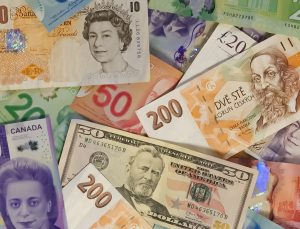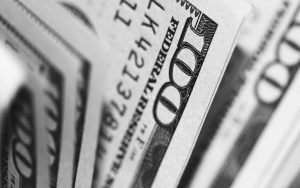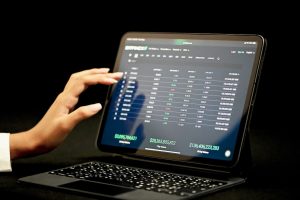Forex trading is a lucrative activity that comes with a tax liability. It is essential to keep track of forex tax to avoid legal problems with the tax authorities. Forex traders are required to pay taxes on their profits, and failure to do so can result in penalties and fines. In this article, we will explore how to track forex tax.
Understand the Tax Laws
The first step to tracking forex tax is to understand the tax laws in your country. Tax laws vary from one country to another, and it is essential to familiarize yourself with the tax laws in your country. In the United States, forex trading is taxed as ordinary income, and traders are required to pay taxes on their profits at the ordinary income tax rate. The tax rate depends on the trader’s income level and can range from 10% to 37%.
Keep Accurate Records
To track forex tax, it is crucial to keep accurate records of all your trades. The records should include the date and time of the trade, the currency pair traded, the trade size, the entry and exit prices, and the profit or loss on the trade. Keeping accurate records makes it easier to calculate your tax liability and also provides evidence in case of an audit.
Calculate Your Tax Liability
Once you have accurate records of all your trades, you can calculate your tax liability. To calculate your tax liability, you need to determine your net profit or loss from forex trading. Net profit is calculated by deducting your losses from your gains. If you have a net profit from forex trading, you will need to pay taxes on that amount.
File Your Tax Returns
After calculating your tax liability, the next step is to file your tax returns. In the United States, forex traders are required to file their tax returns by April 15th of the following year. Failure to file tax returns can result in penalties and fines.
Claim Deductions
Forex traders can claim deductions on their tax returns to reduce their tax liability. Deductions can include expenses related to forex trading, such as trading software, internet connection fees, and office equipment. It is essential to keep receipts and records of all expenses related to forex trading to claim deductions on your tax returns.
Consult a Tax Professional
If you are unsure of how to track forex tax or have complex tax situations, it is advisable to consult a tax professional. A tax professional can provide guidance on tax laws and regulations and help you prepare and file your tax returns. Hiring a tax professional can also save you time and money in the long run by ensuring that you comply with all tax laws and regulations.
In conclusion, tracking forex tax is essential for forex traders to comply with tax laws and avoid legal problems with tax authorities. To track forex tax, traders need to understand tax laws, keep accurate records, calculate their tax liability, file their tax returns, claim deductions, and consult a tax professional if necessary. By following these steps, forex traders can ensure that they comply with tax laws and regulations and avoid penalties and fines.





